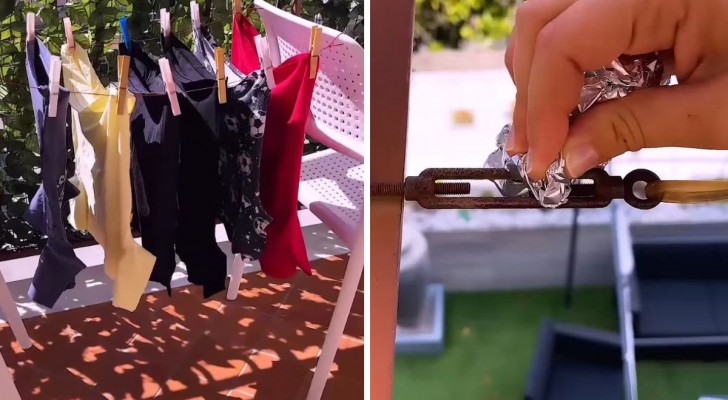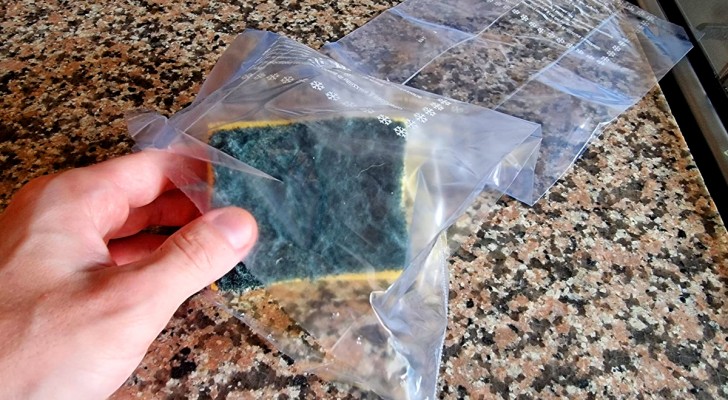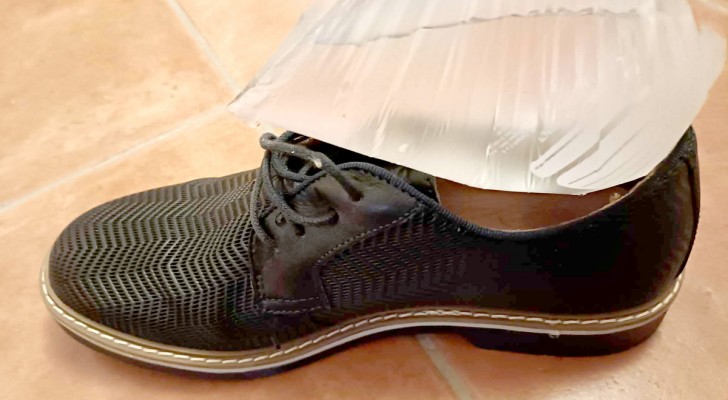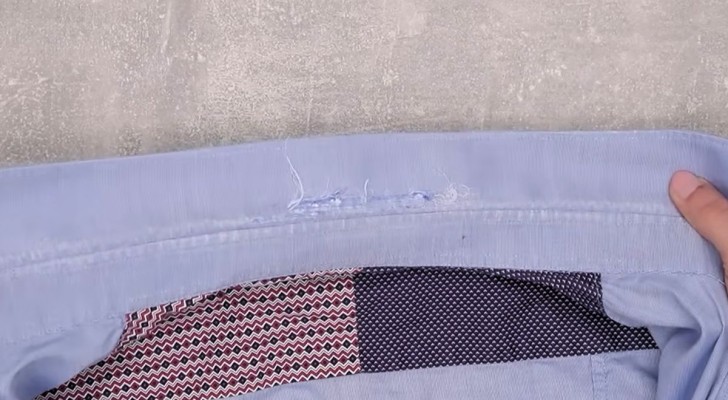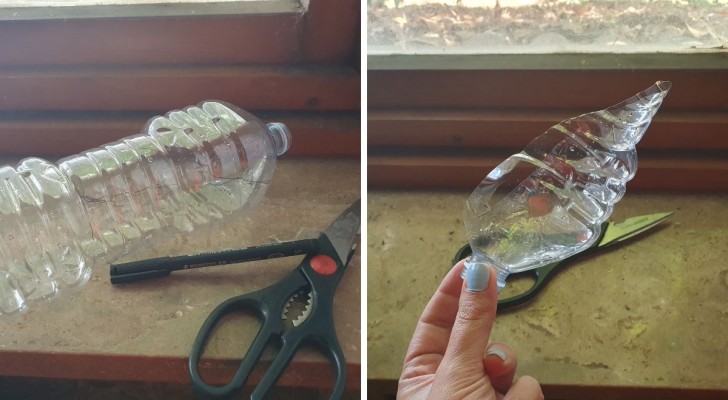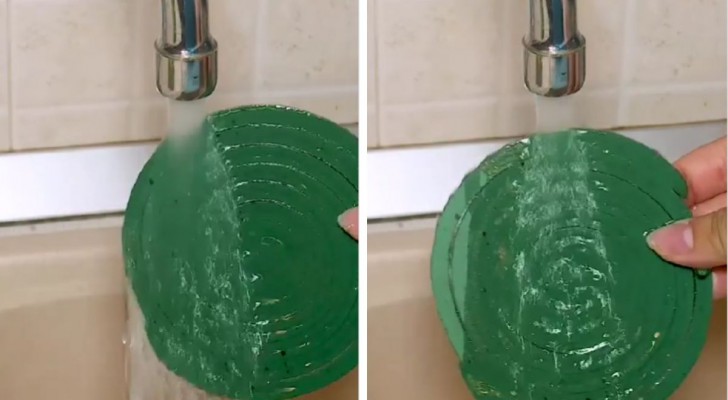Clogged drains: Learn how to clear them with Alka-Seltzer and other DIY remedies
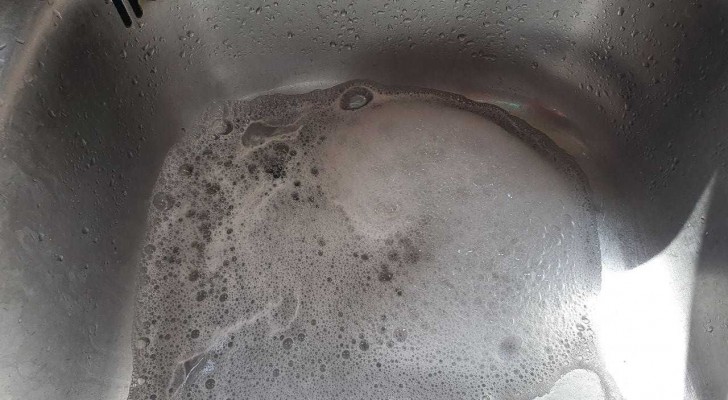
Finding yourself with a clogged drain is always rather unpleasant: the water does not drain away and stagnates; unpleasant odors are produced the longer the problem lasts; there is the risk of leaks; and if the problem is not solved in a very short time, it can get worse until the intervention of a professional is necessary (along with an unwanted outlay of money - sometimes even a considerable amount).
If you do not know where to start and are afraid of doing damage, calling an expert is always the best solution, but if you know that the blockage is not too serious, even homemade methods - at virtually no cost - may be sufficient. We describe some of these below:
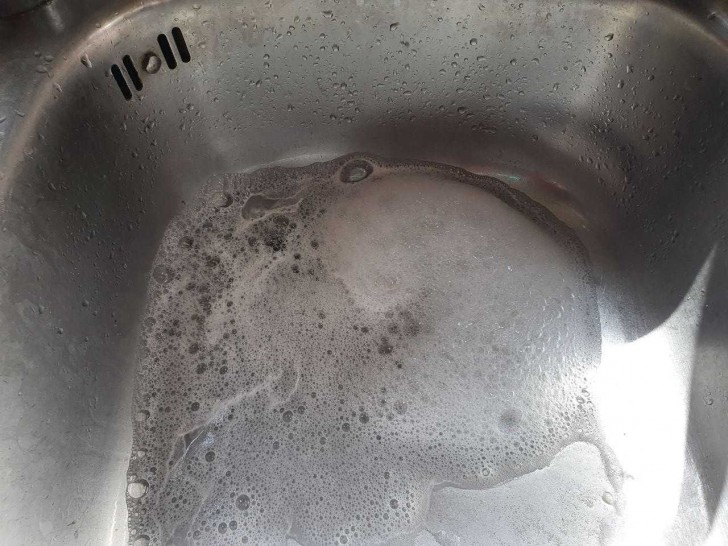
Creativo
- Alka-Seltzer: These effervescent tablets are often used in DIY remedies for clogged drains. They are, in fact, a quick and convenient solution. Just throw a couple down the drain, and then immediately pour 230 ml of white vinegar (wine, alcohol, apple). After that, wait a few minutes for the reaction between the two elements to finish foaming. After the foam settles down, rinse away using plenty of water - better still, if you use very hot or boiling water: pay attention to the type of drain though: those in PVC should not come into contact with boiling water (but they can withstand very hot water). The Alka-Seltzer method also works for eliminating bad odors emanating from the drains.
- Instant brewer's yeast: pour a couple of tablespoons down the drain, followed by a teaspoon of sugar and then a cup of warm (not hot or boiling) water. At this point, wait for the sugar to activate the yeast, so that the blockage is slowly "attacked". Then wait at least 15 minutes and run plenty of hot water down the drain to clear the yeast away.
- Citric acid: dissolve 150 grams in a liter of water that you have just boiled. To this you can then add, if desired, 150 ml of white vinegar. Do not wait for the mixture to cool too much (but again, avoid it going down the drains when it is still very hot if they are not made from metal), and pour it down the pipes, so that the lumps of greasy dirt are dissolved and drain away into the water system.
In addition to these solutions, of course, there are various other well-known remedies: simple boiling water (with all the precautions already described taken into account), and also the use of baking soda and white vinegar - which always comes in handy in these situations. However, if you realize that after one or, at most two, applications of one of these methods the situation does not improve, avoid trying again and contact an expert.
